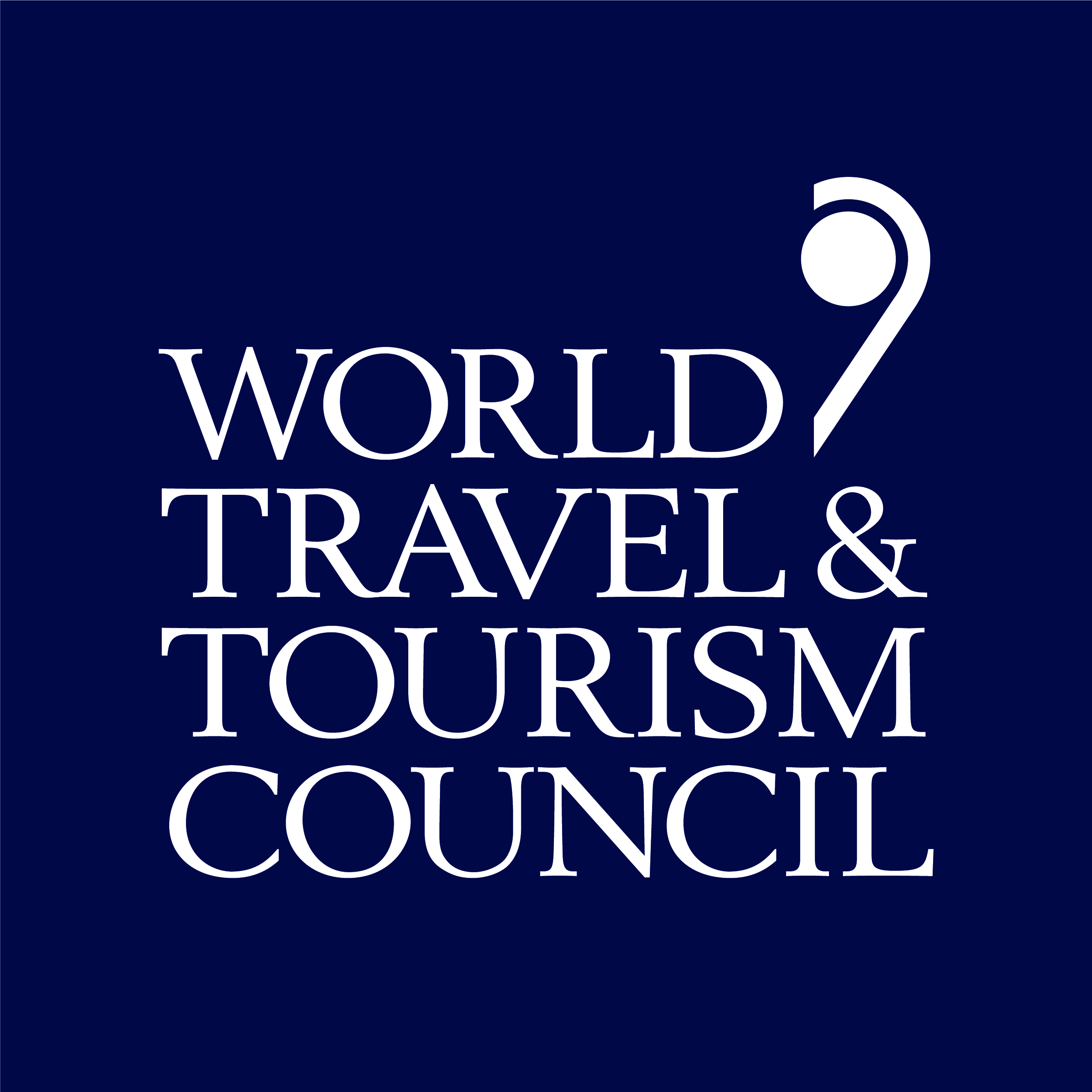Event marketing strategies: How SMEs can shine in the big leagues

In a world increasingly driven by grand experiences, major events like international sports competitions, music festivals, and global conferences have become prime opportunities for businesses of all sizes. For Small and Medium-sized Enterprises (SMEs), these events offer a unique platform to scale up, expand visibility, and achieve growth that might otherwise take years to accomplish. However, seizing these opportunities requires more than just ambition; it demands meticulous planning, strategic alliances, and the effective use of technology. This is where event marketing strategies and small business event planning come into play, enabling SMEs to stand out and thrive.
The power of planning and logistics
For SMEs, scaling up to meet the demands of a major event begins long before the event itself. The foundation of success lies in robust planning and logistics, which are critical aspects of small business event planning. SMEs need to anticipate the surge in demand and ensure that their infrastructure is equipped to handle it. This means not only having enough inventory or capacity to meet the needs of a larger audience but also ensuring that supply chains are secure and adaptable.
Sign in to access actionable insights
In a world increasingly driven by grand experiences, major events like international sports competitions, music festivals, and global conferences have become prime opportunities for businesses of all sizes. For Small and Medium-sized Enterprises (SMEs), these events offer a unique platform to scale up, expand visibility, and achieve growth that might otherwise take years to accomplish. However, seizing these opportunities requires more than just ambition; it demands meticulous planning, strategic alliances, and the effective use of technology. This is where event marketing strategies and small business event planning come into play, enabling SMEs to stand out and thrive.
The power of planning and logistics
For SMEs, scaling up to meet the demands of a major event begins long before the event itself. The foundation of success lies in robust planning and logistics, which are critical aspects of small business event planning. SMEs need to anticipate the surge in demand and ensure that their infrastructure is equipped to handle it. This means not only having enough inventory or capacity to meet the needs of a larger audience but also ensuring that supply chains are secure and adaptable.
Take the example of a small catering company preparing for an international sports event. They must ensure that their suppliers are reliable and capable of delivering ingredients on time, even in the face of unexpected delays or increased demand. Moreover, they need to plan for the logistics of transporting their food to the event, ensuring it arrives fresh and on time. This level of preparation requires a thorough understanding of the event’s scale, as well as a realistic assessment of the SME’s capabilities.
A local catering SME in Brazil used meticulous planning to successfully scale its operations to serve thousands of fans during the FIFA World Cup. By meeting the demands of the event, the company built lasting relationships with new clients, leading to sustained growth long after the event had ended. Such outcomes are a testament to the importance of well-executed event marketing strategies in the travel sector.
Intensifying marketing efforts
Visibility is crucial when it comes to major events, and SMEs must capitalise on the marketing opportunities these events provide. This involves a strategic approach that includes both traditional and digital marketing tactics, which are central to effective event marketing strategies. By leveraging social media, SMEs can reach a broader audience and create buzz around their participation.
A boutique hotel in a small town may choose to intensify its marketing efforts during a nearby music festival. By creating targeted social media campaigns, offering event-related promotions, and engaging with festival-goers online, the hotel can attract a significant number of new customers. The key is to tailor marketing efforts to the specific audience, ensuring that the message resonates and drives engagement. These actions are also closely aligned with the latest travel sector trends, where personalisation and digital engagement are key drivers of success.
A successful case study is an SME in the UK that ramped up its marketing for the Glastonbury Festival. The business created a dedicated social media campaign featuring festival-themed content, partnered with local influencers, and offered exclusive discounts. This strategy not only increased brand visibility but also resulted in a substantial boost in sales during and after the event.
Strength in numbers
No SME is an island, and collaboration can be a powerful tool when scaling up for a major event. By forming alliances with other businesses, SMEs can offer comprehensive packages or services that bring increased revenue opportunities. Collaboration also allows SMEs to share resources, reduce costs, and enhance their overall offering—a key component of successful small business event planning.
Consider a scenario where a small transportation company partners with local hotels and restaurants to offer an all-inclusive package for visitors attending a global conference. This partnership benefits all parties involved: the transportation company secures more clients, the hotels fill their rooms, and the restaurants see an increase in diners. Such collaborations create a win-win situation, allowing SMEs to punch above their weight and deliver a seamless experience. Moreover, these collaborations reflect travel sector trends that emphasise the importance of comprehensive customer experiences.
By forming a collaborative alliance, several SMEs in South Africa, including a local tour operator, a boutique hotel, and a small restaurant, created a unique package to maximise revenue potential during the Cape Town Jazz Festival.
Leveraging digital tools for efficiency
In today’s digital age, technology plays a crucial role. Digital tools such as inventory management systems, customer relationship management (CRM) software, and real-time analytics platforms enable SMEs to streamline their operations and make informed decisions. These tools are integral to event marketing strategies, allowing businesses to operate efficiently and effectively.
A small retail business participating in a large trade show could use real-time analytics to monitor sales trends, adjust inventory on the fly, and manage customer interactions more effectively. By leveraging digital tools, SMEs can operate with the efficiency of a much larger organisation, ensuring they meet the demands of the event without compromising on quality. This approach aligns with emerging travel sector trends, where data-driven decision-making is increasingly vital.
Seizing the moment for sustainable growth
Major events are not just opportunities for a short-term boost in sales; they are platforms for long-term growth and brand building. For SMEs, the key to success lies in strategic planning, effective marketing, collaborative efforts, and the smart use of technology—each a crucial element of event marketing strategies. By adopting these strategies, SMEs can scale up their operations, enhance their visibility, and deliver exceptional value to their customers. However, the true measure of success is not just in how well an SME performs during the event, but in how it leverages the experience to achieve sustainable growth and maintain momentum in the aftermath. The spotlight may fade, but the impact of a well-executed strategy can last for years.

















